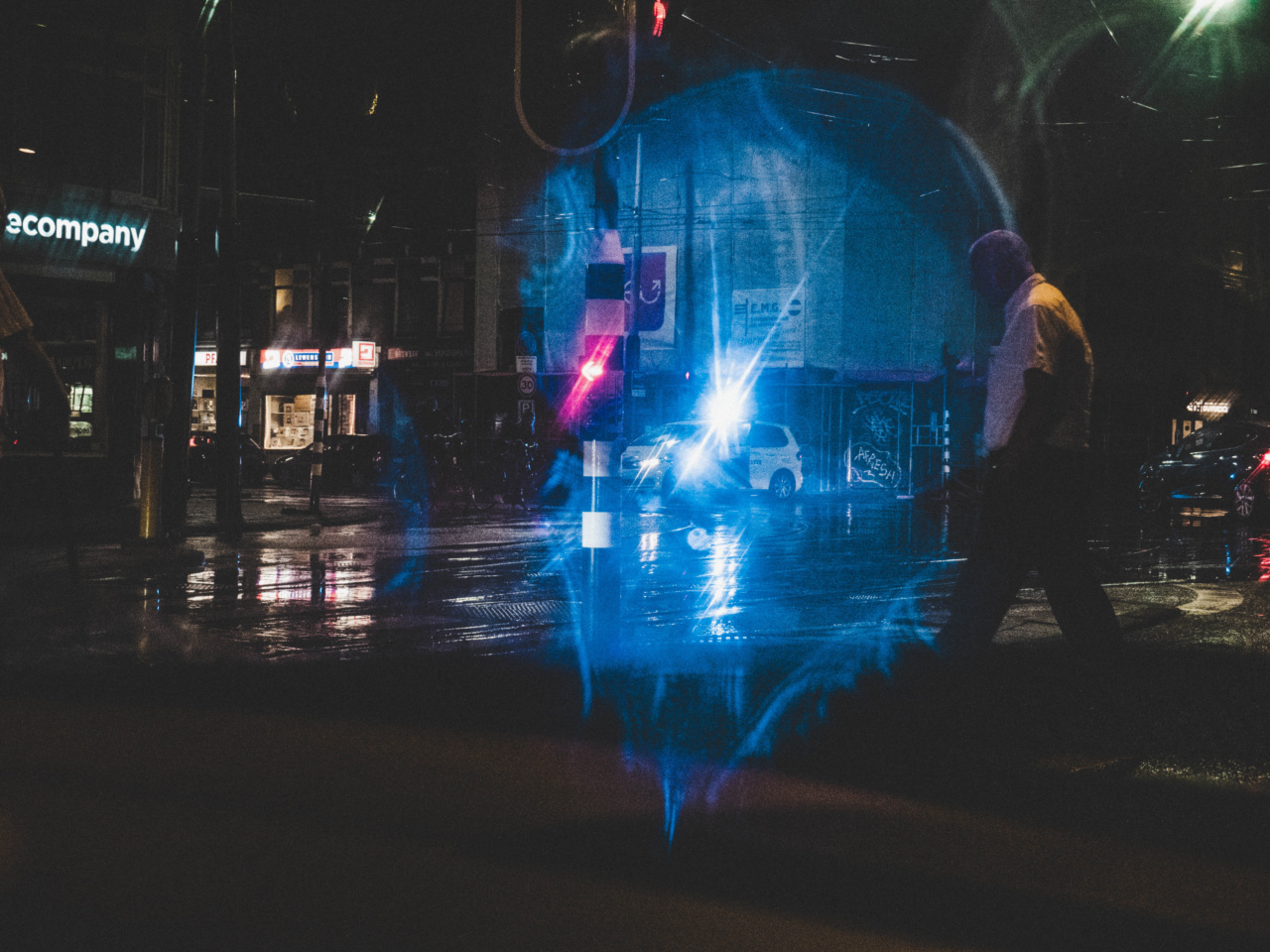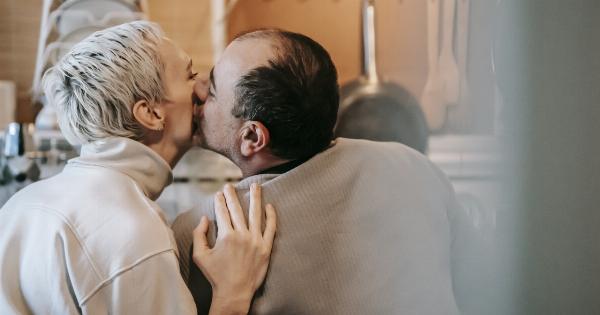Streetlights are a common sight in cities around the world. They provide much-needed illumination for pedestrians and drivers, ensuring safety and visibility during nighttime hours.
However, there is a growing concern among some individuals that streetlights can have negative effects on sleep and overall health. In this article, we will explore the impact of streetlights on sleep and whether or not they can keep you awake at night.
The Circadian Rhythm
Before delving into the effects of streetlights on sleep, it is important to understand the concept of the circadian rhythm. Our bodies have an internal clock that helps regulate various physiological processes, including sleep.
This internal clock is influenced by light and darkness, which signal the body to either be awake or prepare for sleep.
The Role of Light
Light, particularly natural sunlight, plays a crucial role in regulating our circadian rhythm. When exposed to sunlight, the body produces less melatonin, a hormone that promotes sleepiness.
This decrease in melatonin levels helps individuals feel more awake and alert during the day. Conversely, when it gets darker, the body starts producing more melatonin, which helps induce sleep and maintain a regular sleep-wake cycle.
Streetlights and Sleep
While streetlights are essential for safety reasons, their presence at night can potentially disrupt sleep patterns. The two main ways streetlights can impact sleep are through direct exposure to light and through light pollution.
Direct Exposure to Light
If a streetlight shines directly into your bedroom window, the light can interfere with your ability to fall asleep.
Exposure to bright light, especially blue light emitted by certain types of streetlights, can suppress the production of melatonin and disrupt the natural sleep-wake cycle. This can lead to difficulty falling asleep and may contribute to insomnia or other sleep disorders.
Light Pollution
In addition to direct exposure from bedroom windows, light pollution is another concern related to streetlights.
Light pollution refers to the excessive artificial light that permeates the night sky in urban areas, making it difficult to see stars and disrupting the natural darkness of nighttime. This excessive light can also impact sleep by confusing the body’s internal clock and suppressing melatonin production.
Scientific Studies
Several scientific studies have been conducted to assess the effects of artificial light, including streetlights, on sleep quality.
One study published in the Journal of Environmental Management found that exposure to bright streetlights during the night was associated with decreased sleep quality and increased daytime sleepiness. Another study published in the journal Sleep Medicine discovered that participants who lived in areas with higher levels of light pollution reported more sleep disturbances and daytime dysfunction.
Individual Sensitivity
While scientific studies provide valuable insights, it is essential to remember that individuals may vary in their sensitivity to streetlights’ effects on sleep.
Some people may be more susceptible to the negative impact of light on their sleep, while others may be less affected. Factors such as personal sleep habits, bedroom setup, and light sensitivity can all influence an individual’s response to streetlights.
Managing Streetlight Exposure
If you find that streetlights are keeping you awake at night, there are some steps you can take to minimize their impact:.
1. Use blackout curtains or blinds:
Invest in curtains or blinds that effectively block out unwanted light from streetlights. This can create a darker sleeping environment and promote better sleep.
2. Consider using a sleep mask:
If streetlight exposure persists despite using curtains or blinds, using a sleep mask can be an effective solution. Sleep masks can further darken the sleeping environment, blocking out any remaining light.
3. Light bulbs with lower intensity:
If you have control over the lighting inside your home, consider using light bulbs with lower intensity or warmer tones. This can help minimize the disruption to your natural sleep-wake cycle.
4. Speak with local authorities:
If the streetlight near your home is particularly bothersome, it may be worth reaching out to your local authorities to discuss possible solutions. They may be able to adjust or redirect the streetlight to reduce its impact on nearby residences.
Conclusion
While streetlights are vital for public safety, their presence at night can potentially impact sleep quality.
Direct exposure to light and light pollution from streetlights can interfere with the body’s natural sleep-wake cycle and suppress the production of melatonin. However, the extent to which streetlights affect individuals’ sleep may vary. Taking measures such as using blackout curtains, sleep masks, and warmer-toned light bulbs can help mitigate their impact.
As awareness of the importance of quality sleep grows, it is crucial for urban planners and policymakers to implement measures to reduce light pollution and minimize the negative effects of streetlights on sleep.




























